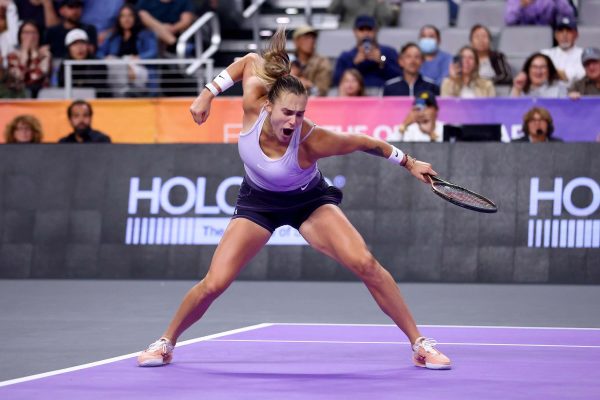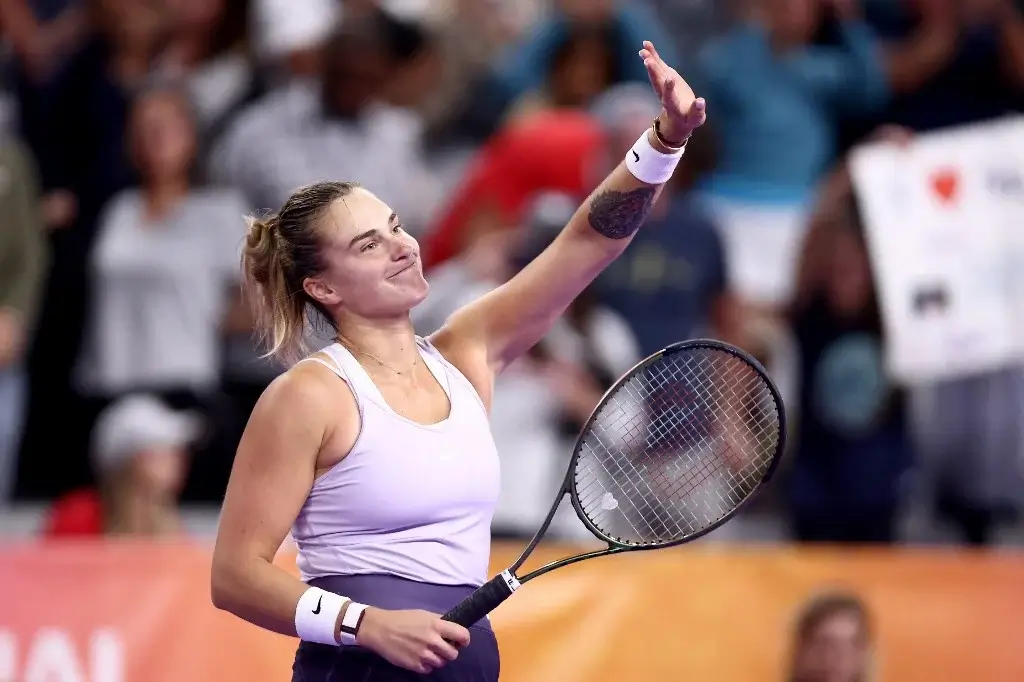Aryna Sabalenka Decision Sparks Reflection on Athletes Mental Health and Media Relations
The World No. 2 tennis player Aryna Sabalenka unease and lack of safety during a press conference earlier in the week. She had repeatedly questioned about political matters, particularly the war in Ukraine and Belarus involvement.
Citing the need to prioritize her mental health. Sabalenka decided not to participate in the post-match press conference following her third-round victory.
French Open organizers, understanding Sabalenka’s concerns, expressed their desire to “protect” her. They have respected her decision and will leave it up to her to determine whether she attends future press conferences.
This response echoes the ongoing conversation about the well-being and mental health of athletes in relation to media interactions.
Aryna Sabalenka situation draws parallels to Naomi Osaka’s decision during the 2021 French Open to withdraw from press conferences, citing mental health reasons. Osaka’s bold move ignited discussions around the pressures faced by athletes and the impact of media scrutiny on their well-being.
You may also like: The Most Dominant Athletes in Sports History
Aryna Sabalenka Decision Addressing Political Questions and Strained Relations

Aryna Sabalenka, who has previously spoken against the war. Faced accusations and requests to condemn the conflict during her press conferences at Roland Garros.
She emphasized that athletes from Russia and Belarus do not support the war and struggled to understand the “hate” encountered in the locker room amid strained relations between players.
Sabalenka’s decision raises important questions about the dynamics between athletes, the media, and their mental well-being.
It prompts a broader discussion about the responsibilities of both sides in maintaining a respectful and supportive environment for athletes to perform at their best.
As the sports community grapples with the impact of mental health on athletes, it becomes increasingly vital to foster an understanding and empathetic environment.
The experiences of athletes like Sabalenka and Osaka serve as reminders that addressing mental health concerns. Should be a priority and that the well-being of athletes should be upheld alongside their athletic achievements.
Moving forward, striking the right balance between athletes’ mental health needs and media obligations will be crucial.
It is an ongoing process that requires thoughtful consideration, open dialogue, and supportive measures to ensure that athletes feel safe, respected, and empowered in their interactions with the media.





